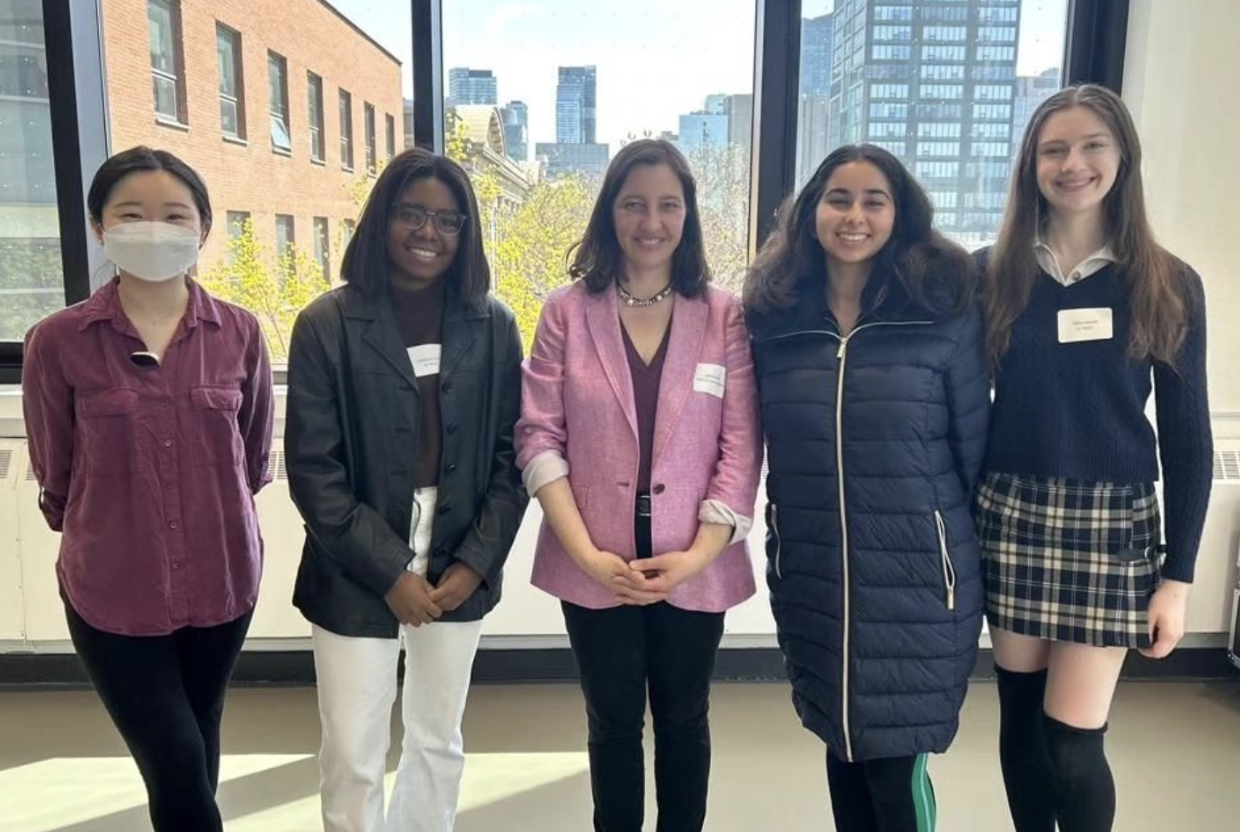During National AccessAbility Awareness Week (NAAW), various governmental ministries, disability organizations, institutions, and advocates host a flurry of events aimed at highlighting the importance of accessibility. But why the emphasis on awareness? Doesn’t the Accessibility for Ontarians with Disability Act (AODA) already exist?
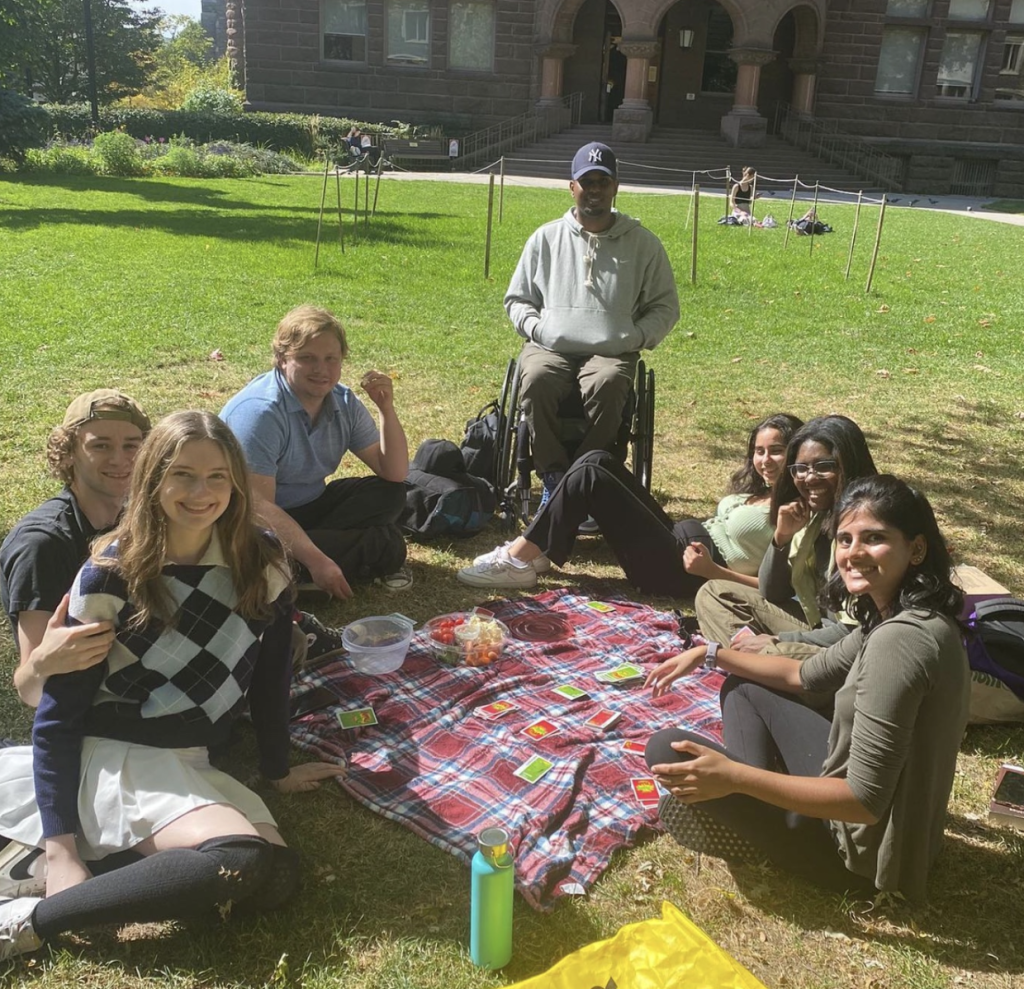
The truth is, no matter how essential a disability policy is, without public awareness, it might as well be just a fancy piece of paper. Most Canadians’ comprehension of accessibility is limited to ramps and elevators. Very few recognize that accessibility, and consequently, disability issues, are social-political matters that impact persons with disabilities (PWDs) in every facet of society.
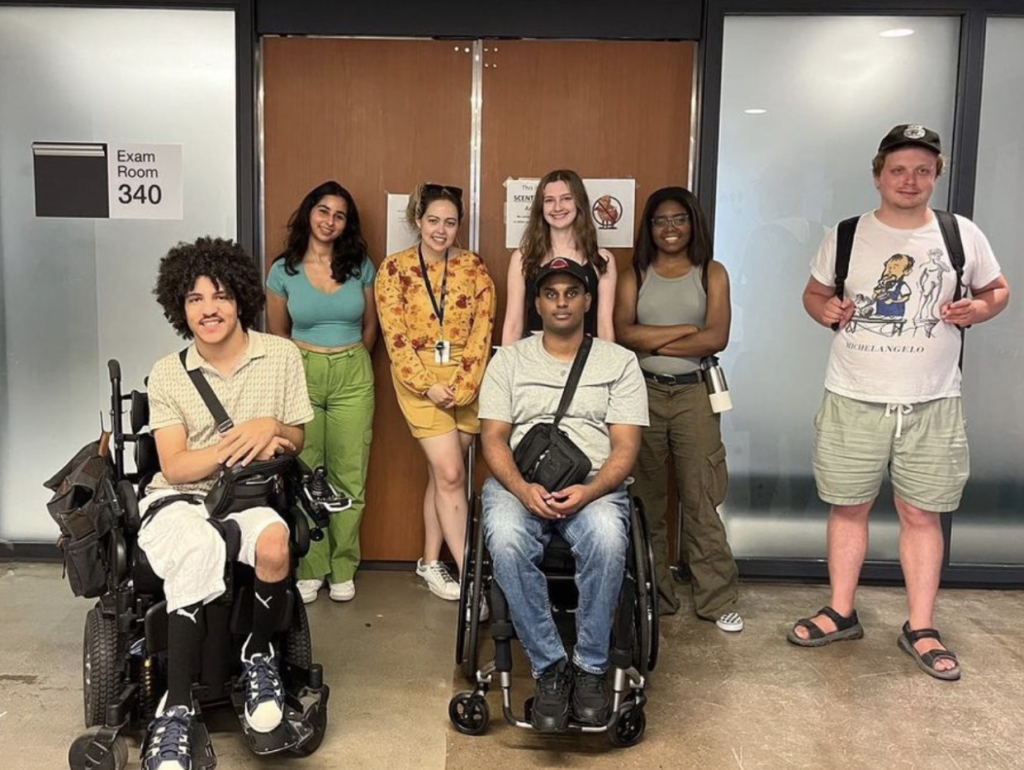
This limited understanding is rooted in a history of exclusion, where PWDs were marginalized and institutionalized in mental hospitals and often kept hidden away from prying eyes. Consequently, they continue to face barriers to full inclusion, especially in higher education. For instance, according to the Ontario Summit for Students with Disabilities 2024 report, many students with physical disabilities shared that they face stigmatization as a result of their disabilities, while Students with invisible disabilities often feel that they need to justify their condition to prove that they are deserving of their accommodations.
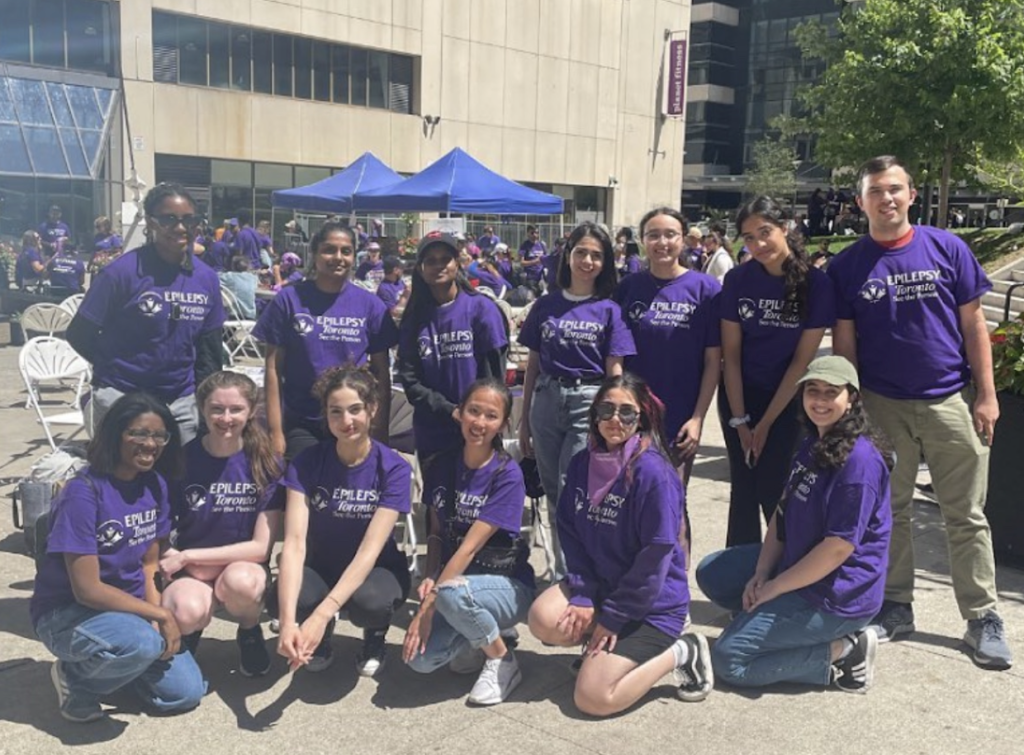
I've faced inaccessibility and ableism firsthand, from assumptions about my ability to attend university to inconsistent visual signage and lack of captions for lecture audio. Professors refused my accommodations or failed to understand why I needed them to wear my FM microphone or how I needed at least two weeks to register for accommodations for quizzes - not two days.
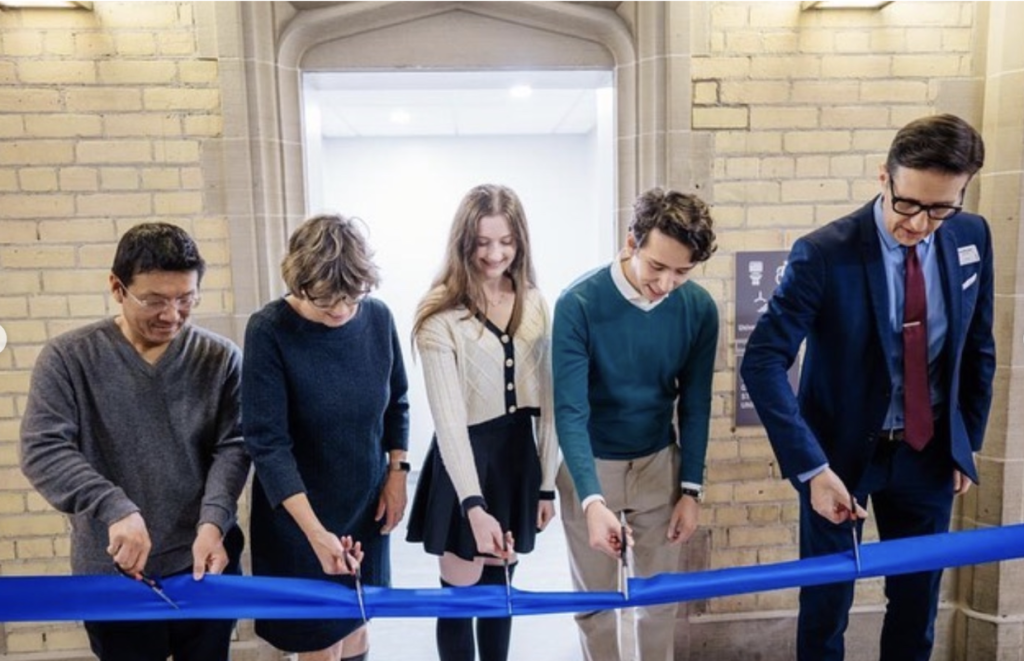
To address these gaps at U of T, my sister Gabrielle Dumé proposed establishing a disability club in 2021. Thus, the University of Toronto Awareness Club (U-TAAC) was born, with Emilya Stolyaroa, Marissa Bangyay, and Janice Duong joining as co-founders. Over three years, U-TAAC has been a hub for discussions, social gatherings, and collaborations with researchers, departments, and external organizations on accessibility initiatives.
In 2022, U-TAAC organized the inaugural Accessibility campus tour for incoming students with disabilities, which is now a yearly fixture of the club's orientation. Furthermore, U-TAAC partnered with the Innovation Hub to consult students with disabilities about renovating Sidney Smith Hall and Commuter Spaces. Additionally, U-TAAC raised awareness of chronic illnesses, advocated for improved accessibility, and participated in events celebrating new accessible spaces on campus. However, perhaps the highlight of U-TAAC’s efforts is the annual accessibility conferences. The 2023 “Ableism in the Classroom” and 2024 “Designing an Accessible Classroom” conferences brought together students, faculty, and staff for the first time to discuss accessibility in higher education.
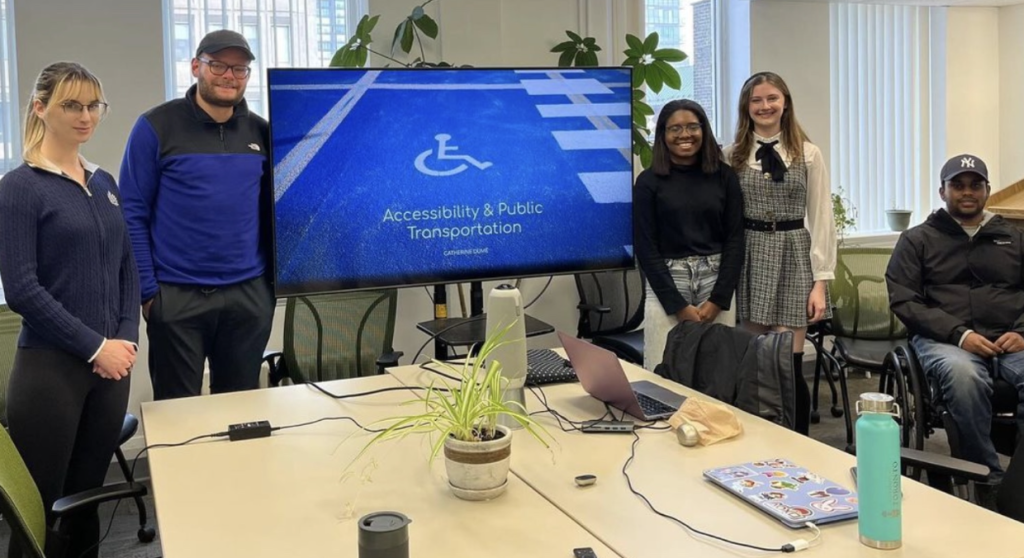
U-TAAC began as a place for non-disabled persons to learn from disabled unique experiences and to provide a safe community for students with disabilities to find a community. Now, as it enters its fourth year, it has radically evolved into one of the most prominent student voices for accessibility at U of T. U-TAAC has become a network of disability advocates who aim to improve the quality of accessibility for all by daring to dream and imagine a more inclusive future.
The success of U-TAAC is owed to my fellow passionate co-founders, who took the initiative to start something new; our dedicated executive team, who volunteered their time to nurture the club's growth; and the many loyal members who contributed their love and support. I also extend my gratitude to every collaborator, sponsor, and guest speaker who aided U-TAAC in achieving its goals through impactful projects and events.
I would like to express special thanks to the following individuals:
Chengmin Xu - Political Science Professor – For speaking at both annual conferences, actively engaging with the club’s mission and providing unwavering support.
Anne McGuire - Critical Disability Studies Professor – For speaking at both annual conferences, promoting the club and working diligently behind the scenes as the Club’s CCR validator.
David Kim - Warden of Hart House – For assisting U-TAAC in hosting its annual conferences.
However, my most profound appreciation goes to the St. George Accessibility Services team:
Morghan Brett, for always accepting my promo requests for the Accessibility Services weekly newsletter and inviting the club to events.
Reggie Oey, thank you for being U-TAAC’s first guest speaker, and dedicated collaborator and securing us a place for our monthly discussions at the office.
Mike Nicholson, thank you for being U-TAAC’s partner, mentor, and foremost supporter. We could not have been as successful without your continuous support, which allowed the club to become a fixture at the office. Thank you!
-Catherine Dumé
Bio: Catherine Dumé is a disabled writer and accessibility advocate. She is a Co-Founder and the former President of the University of Toronto Awareness Club (U-TAAC), the Accessibility Correspondent for The Varsity, and former Student Co-Chair of the Accessibility Services Advisory Council. She consults on various accessibility projects and committees at U of T and beyond to improve the quality of accessibility for Canadians with disabilities. She is currently the Program & Communications Assistant at Reach Alliance Munk School of Global Affairs & Public Policy. She will graduate in June with a Bachelor of Arts in Political Science and a double minor in History and Writing & Rhetoric. She will return to U of T in the fall to start her MA in Political Theory, researching attitudinal barriers in disability citizenship and participation.
